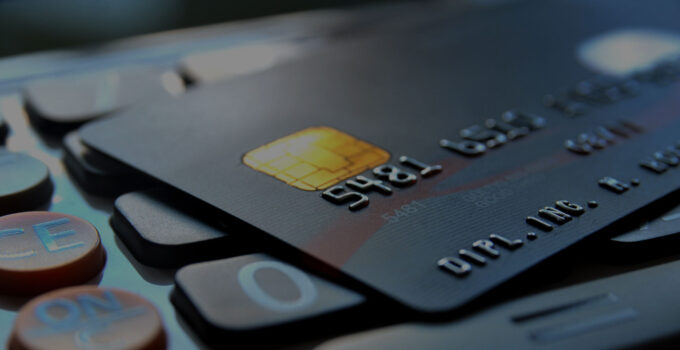Smart cards are an incredibly innovative but underrated form of technology. Though they’re not as flashy as other products on the market, there is no denying their practicality and effectiveness. Predominately, smart cards are used for identification, authentication (to computers, networks, applications, cloud storage and more), access control and application processing. This means they have a broad variety of applications, making them invaluably useful to thousands of businesses across the world. Curious to find out more? Then read on to discover which industries are currently using smart cards and how this nifty technology has revolutionised their operations.
Educational Services

Source: libarts.colostate.edu
Smart cards are being used by educational institutions everywhere. They have helped schools and universities to increase their security levels, keeping the students safe from threatening individuals. As smart cards can be used to verify someone’s identity, this means nobody without the correct authorisation can enter the premises. Verified visitors can be granted a special ‘guest pass’ smart card, too. Whilst schools are using these security systems at their gates and in classrooms, universities are applying them around their campuses and in students halls.
Smart cards are also fully customisable, so educational institutions can print the students’ pictures and details onto them. This makes it easy to identify individuals and prevent people from posing as others. What’s more, smart cards can be integrated with catering services and printer systems, making them quicker and easier. This is an excellent way to supply school meals and designate a set amount of print credits to students. As you can probably tell, the potential of smart cards in educational services is almost limitless. Usmartcards.com is one of the best suppliers for this industry, so it’s worth checking out their product range if you’re considering integrating a card system into your own organisation.
Banking Sector
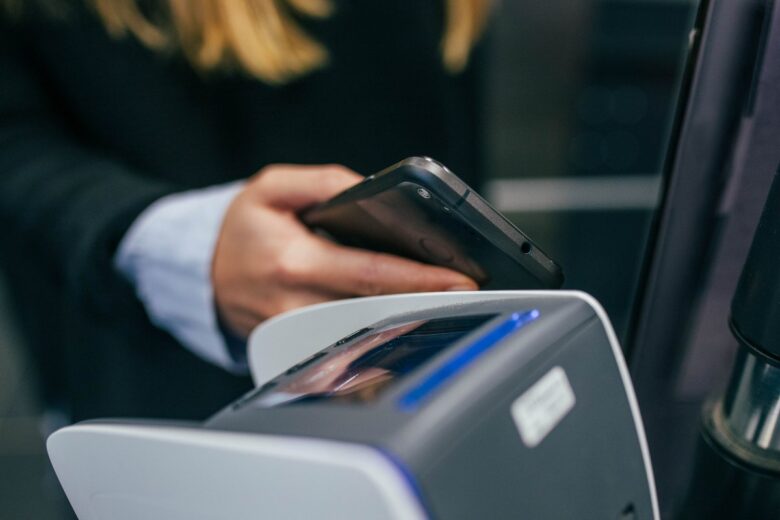
Source: plugandplaytechcenter.com
Security is of the utmost importance in the banking sector. Smart cards have completely revolutionised how people handle their finances, helping to prevent theft and fraud. Without them, we would still be relying on cash payments. Nearly everyone has a credit or debit card nowadays. Thanks to this brilliant technology, people can quickly and easily complete transactions whilst authenticating their identity.
Cashless vending means that money is much less likely to be lost and stolen. What’s more, most bank cards are now contactless – helping people to uphold a higher standard of hygiene as they aren’t handling dirty money. You don’t need to worry if your card is stolen, either. Banks can track where your card was last used. They can also see when unusual activity has occurred in your account, such as somebody withdrawing a large amount of cash.
Transport Industry
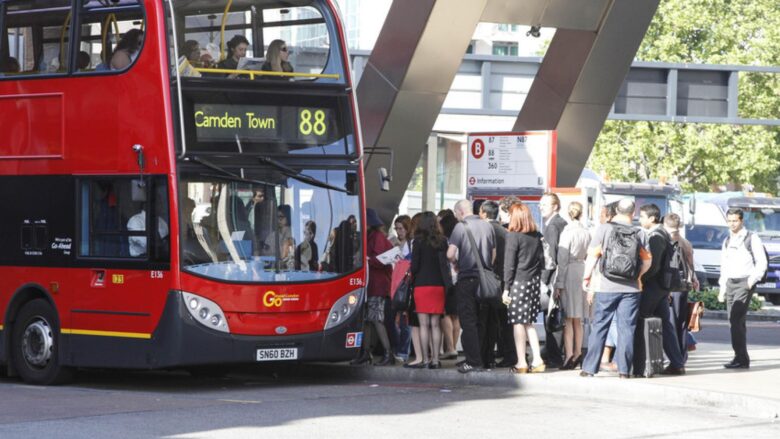
Source: friendsoftheearth.uk
Most people are deterred from taking public transport because they don’t want to wait in lengthy queues and become late for work. Thankfully, smart card systems have helped to mitigate this problem. This technology can be integrated into cashless vending and ticketing systems, allowing people to enter transport facilities quickly and easily. As such, queues at train stations have been significantly cut down.
As well as this, transport companies are using smart cards to allow their customers to pre-emptively pay for multiple trips at once. Some bus companies, for instance, have special cards for students, so that parents can pay for a whole semester’s worth of journeys and their child doesn’t have to worry about money when travelling to school. One of the most famous examples of transport companies using smart cards is the London Underground applying the Oyster card to its subway stations. The infamous London rush hour is far more manageable than ever before thanks to smart cards.
Hospitality Industry
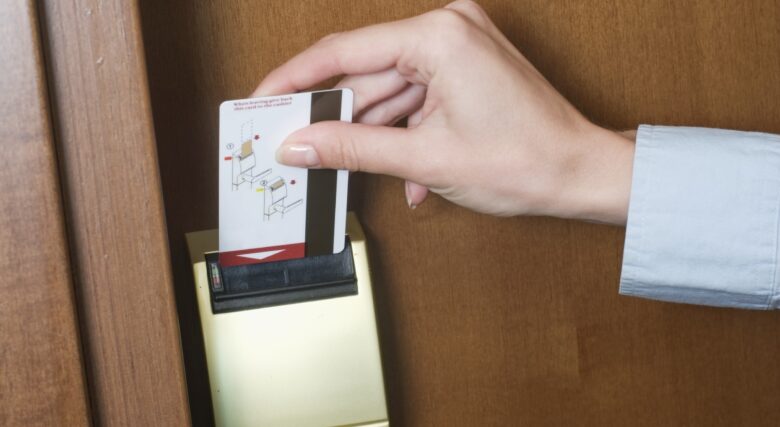
Source: tradekorea.com
If you have recently stayed in a hotel, then you’ve probably been provided with a smart card as your room key. Smart cards have been massively beneficial in the hospitality industry, making everything far more time and cost-effective. Rather than searching through hundreds of keys, receptionists at hotels and resorts can simply load the security details for the room, then transfer these onto a ‘blank’ smart card, before handing it over to the visitor.
However, that’s not all hotel smart cards can do. Believe it or not, they are also able to help with power saving. As we mentioned before, smart cards can be used for application processing. In the case of hotels/resorts, this means they are able to switch on and off the electricity in the guest’s rooms, whilst also functioning as the key. This prevents visitors from leaving the power on after they leave, which costs the hotel money and damages the environment. Some resorts will also use their smart cards to track their visitors’ spending, so it’s easier to tally up their bill at the end of their stay. For example, they could log the cost of the guest’s breakfast on their key card.
Retail Industry

Source: wisekey.com
Retailers have started catching on to the smart card trend, too. Predominately, they are being used to complete cashless, contactless transitions, helping to reduce the likelihood of money being stolen from the tills. But that’s not all. Smart cards have also been brilliant tools for integrating loyalty schemes. Retailers will supply their customers with a loyalty card, which they swipe every time they make a purchase. From here, they accrue shop credit and special rewards, encouraging them to keep returning to the store. Other retailers are using smart cards to create gift card systems, too.
Leisure/Entertainment
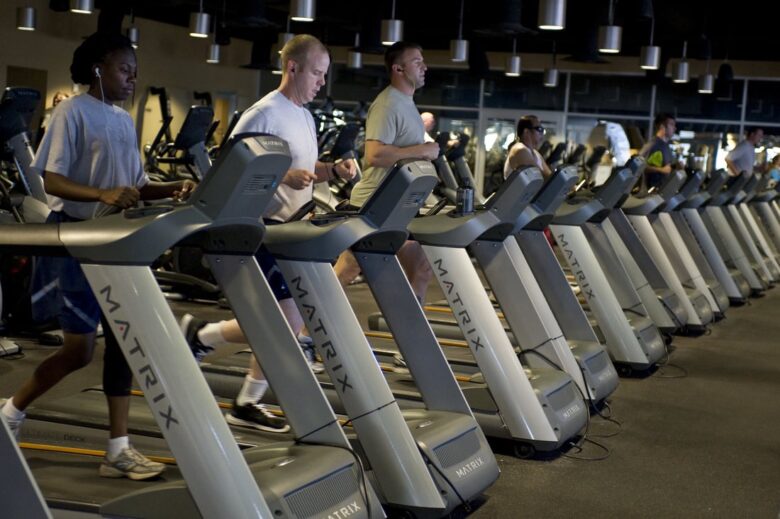
Source: medium.com
Smart cards are everywhere in the entertainment and leisure industry. For example, gyms and leisure centres have been using smart cards to control access. This makes it easier to ensure only members can use their facilities. Meanwhile, entertainment stadiums have been using smart cards as part of their ticketing systems, improving security and stopping those who haven’t paid from entering. Like retailers, cinemas have created loyalty cards to guarantee consumers use their services over the competition.
As you can see, smart cards have become invaluably useful tools for many different industries across the world. They have made our lives quicker, easier and safer than ever before.

